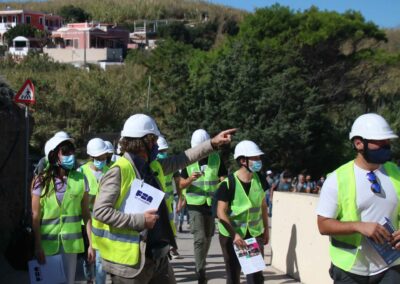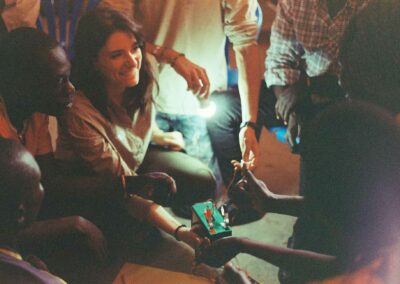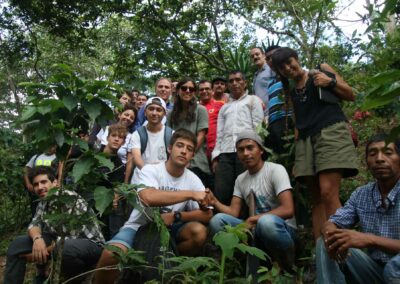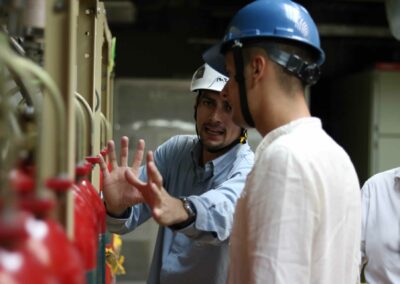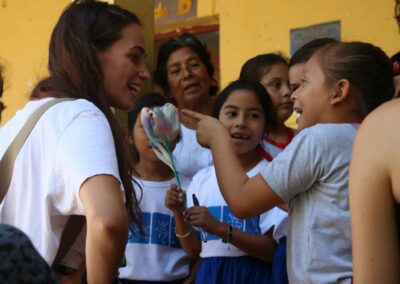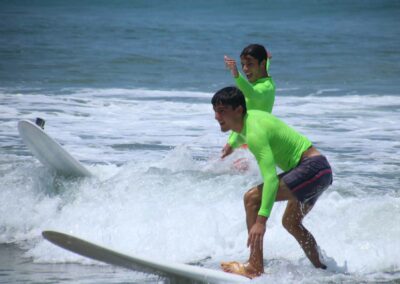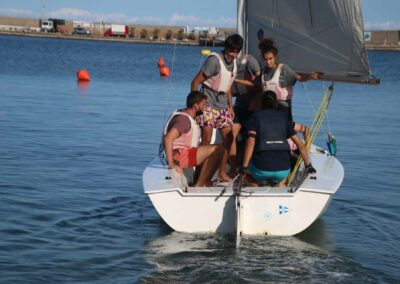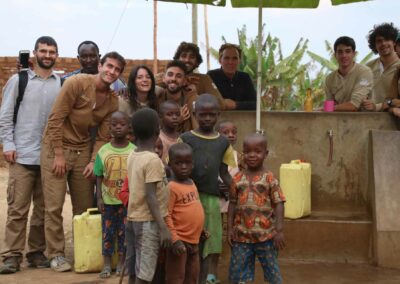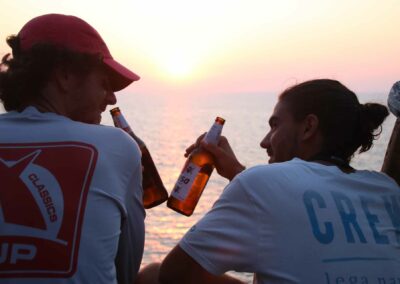
NEPAL
From 31 July to 14 August 2024
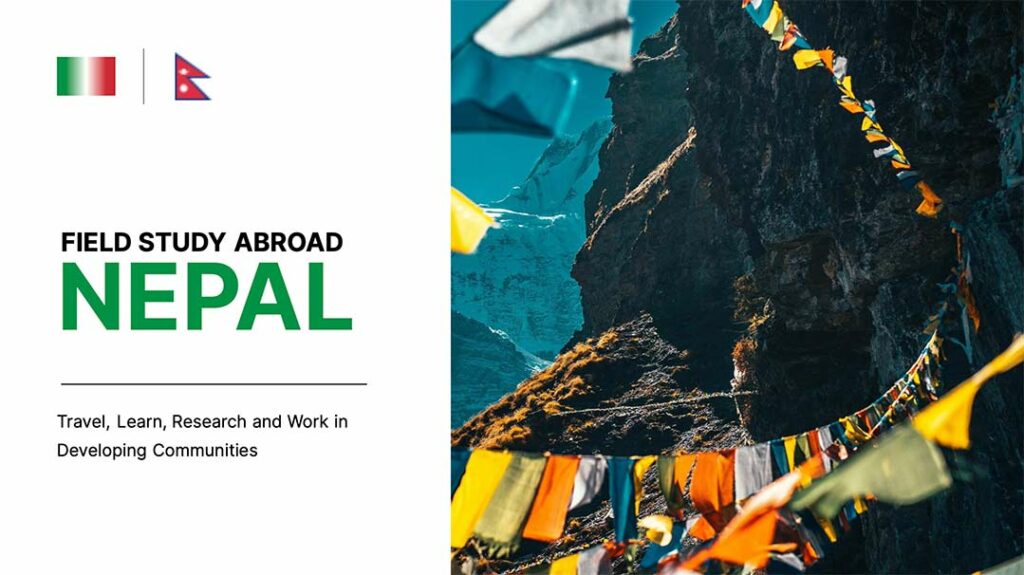
“What is Field Study Abroad?”
Field Study Abroad is a personal and group experience, proposed by the non-profit organization Tecnica Solidarity, founded in 2007 and a member of Banca Etica, and the CIRPS (Interuniversity Research Center for Sustainable Development) founded in 1987, through its recent projects 10 years.
What are the objectives of FSA?
With FSA we propose a 30-day experience dedicated to renewable energy and the development of rural communities in East Africa (starting at the end of December), in Central America (starting at the beginning of August) and Lazio (Central Italy).
EAST AFRICA
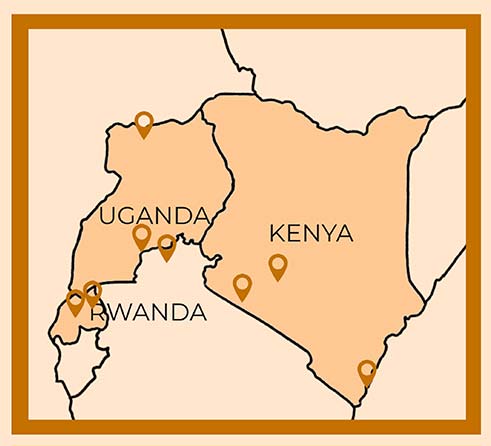
CENTRO AMERICA
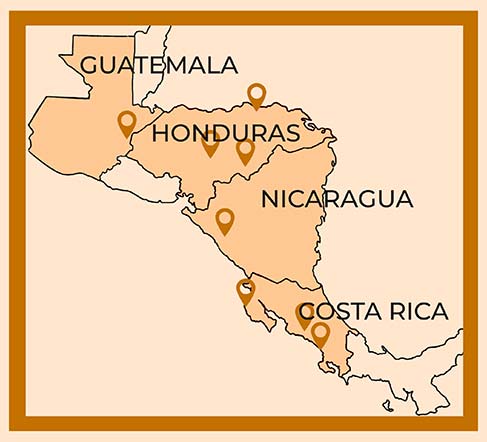
LAZIO

The groups of interested parties in previous editions were characterized by students and doctoral students of each Faculty from all over Italy, but also more adult people and from foreign countries, who decided to participate in the conception, birth, development and verification/sharing phases of the social impact of around ten projects based on renewable energy.
Each project encountered on the trip will be visited and supported in a different phase of development, and each project is located in one of the three countries visited, whether Latin (Honduras, Guatemala, Costa Rica) or African (Kenya, Uganda, Rwanda).
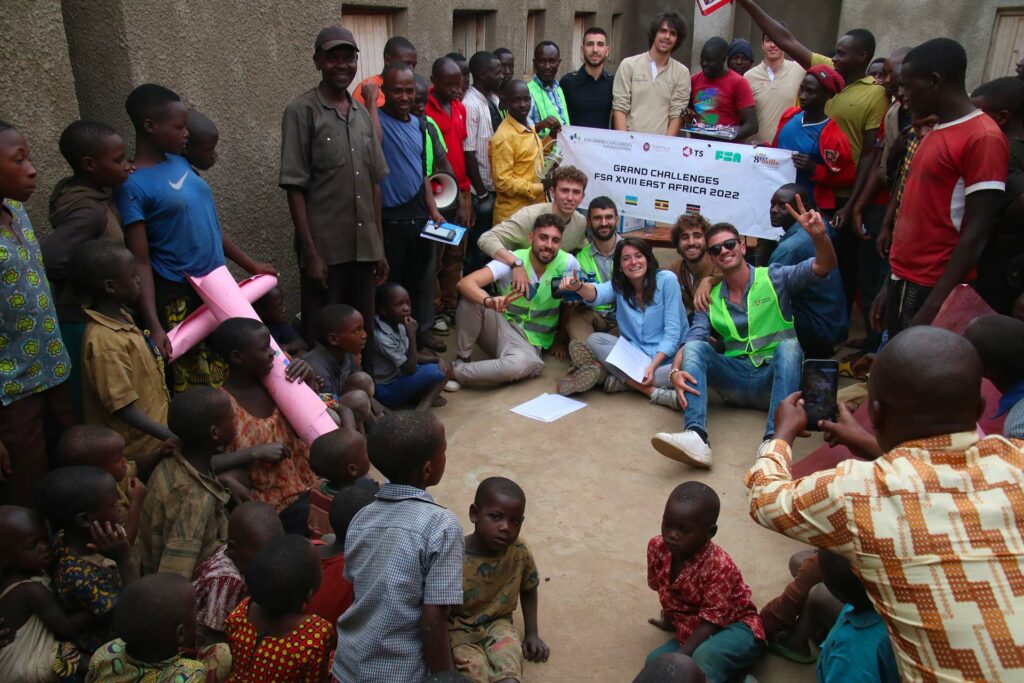
What does FSA consist of?
In 30 days you have a real knowledge of rural development and renewable energy mini-grids, also through direct contact with United Nations managers and operators, local and international NGOs, companies involved in development work, and above all with people and Communities willing to work for their territory, for the dignity and protection of the community and its natural environment.
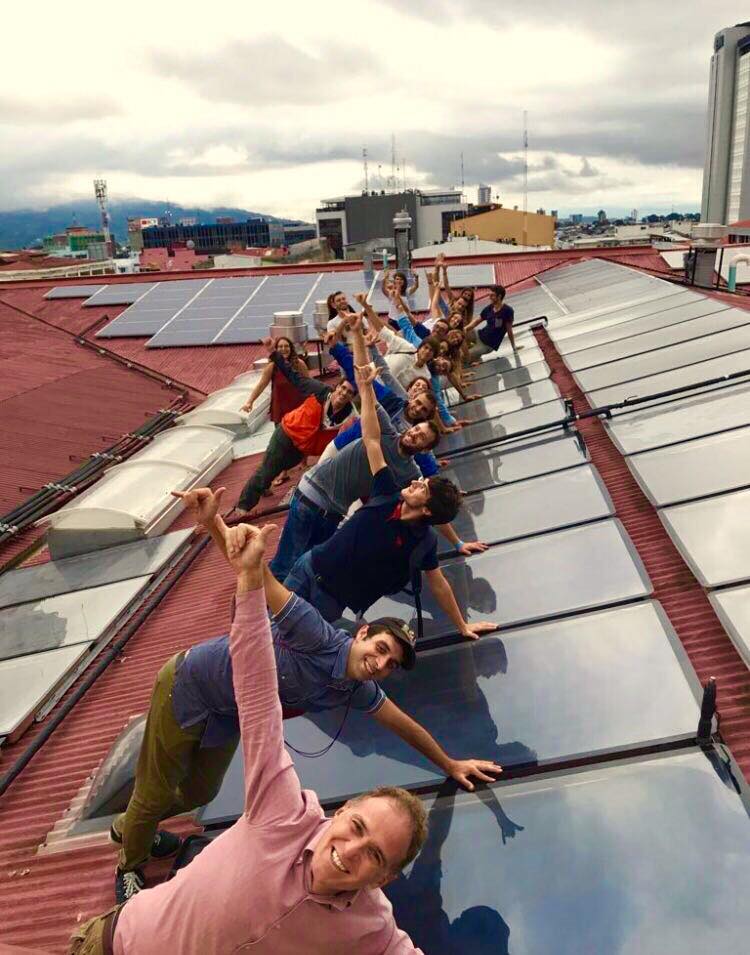

“Field Study Abroad” is always shared with a staff of researchers from Sapienza, the University of Pisa, Columbia in NYC, and MIT, and above all from local universities, who share its aims and who, through decades of experience, they help the participants to understand the problems and the technical, economic and social solutions chosen and adopted.
“Field Study Abroad” is a social, technological and environmental path, based first and foremost on the desire to know and on the solidarity that pushes one to engage in an adventure, in complete safety and great involvement, the results have always been both new skills for the participants , both new steps forward for projects, and above all the sharing of precious and hidden social and environmental realities…
What is a typical day?
- 6.45 Allarm Clock!
- 7.00 Sport Wake Up Activities
- 7.30 Breakfast
- 8.00 Briefing on Specific Activities of the Day
- 8.30 Meeting with local, Experts/Representatives (Community, University, United Nations, Industry)
- 10.30 Activity (Field Work, Focus Group, Assesment, Construction)
- 13.00 Lunch
- 14.00 Activity (Field Work, Focus Group, Assesment, Construction)
- 16.00 Debriefing of the Day
- 17.00 “Your Technical, Management, Social, Environemntal Tool Kit”
- 18.00 Personal work of reporting
- 19.00 Personal Time
- 20.00 Dinner
- 22.00 Social and Personal activities
- 22.30 Relaxing Activities
- 23.00 Sleeping time
Testimonials
What do they think of the FSA?
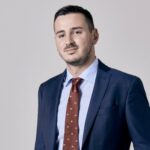
Adriano Belocchi
Good morning Professor! I wanted to tell you that a few days ago I was given the photo book, so I wanted to thank you for this beautiful gift that will help us keep alive the memories of the great experience we have experienced, which even today I never stop telling! Needless to say that the experience made at Enel thanks to you always intrigues me in the talks I have had and I think it is thanks to this that I was able to start this new job 3 months ago!
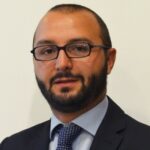
Riccardo Del Citto
I wanted to write to you after the doctorate to thank you for these years together, they were extremely intense and pleasant, I grew a lot and I had the opportunity to get to know this world more and more. Thanks to this I was able to find a beautiful job and do what I had always dreamed of since high school, putting the technique at the service of those who are worse off. All this thanks to you who brought me to Honduras, finally making me approach a world that fascinated me but in which I had never been able to enter, and that you then accompanied me to the doctorate where we were able together to find a way that we liked. and in which we could excel …
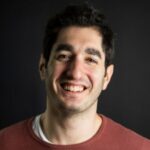
Matteo Ghirardi
…. together we came out stronger than before, like the characters in an adventure book … after such a thing, we are not just a group of engineers, we become a group from time to time of brothers and sisters you are sure you can trust. When you experience such intense emotions together, there are no more stupid social barriers, useless chatter of circumstance. One enters the depths of each other’s soul and clings tight to a timid night fire under the starry vault.
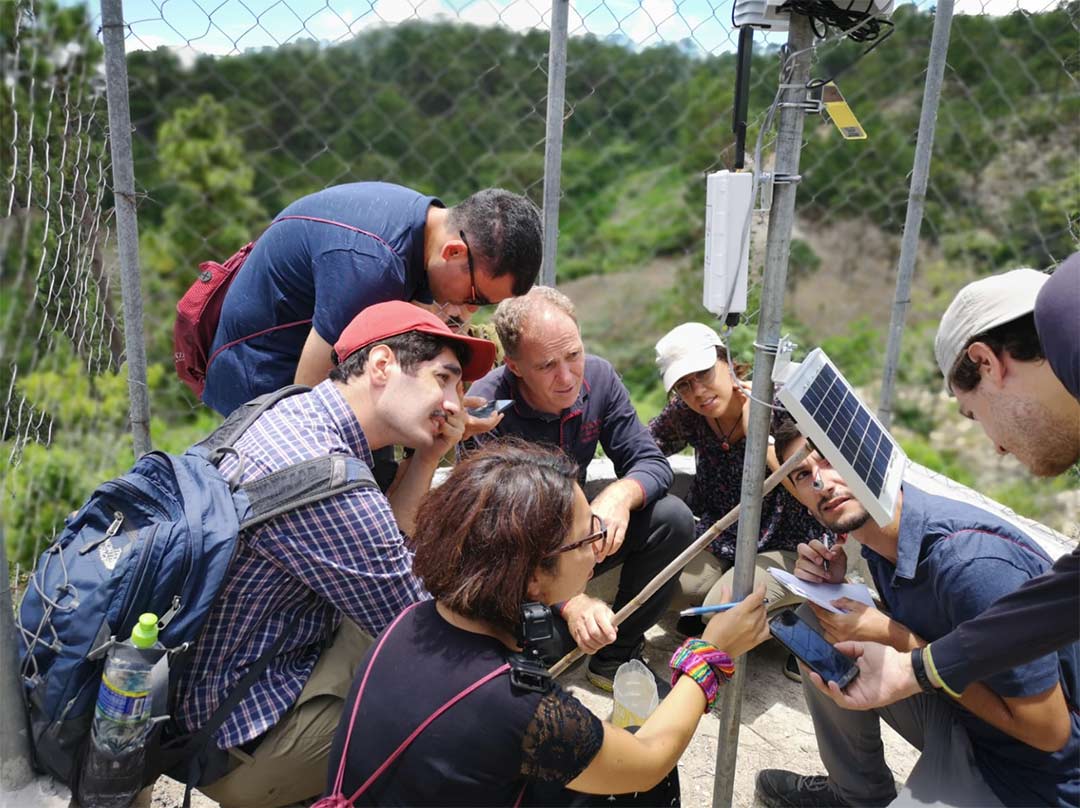
10 reasons why you should participate in FSA
- TRUST IN YOURSELF: Living in very different countries means developing great self-confidence, in the ability to tackle the new professionally and effectively. Overcoming the Challenges makes us safer!
- AWARENESS OF UNIVERSITY, WORK, SOLIDARITY AND ENVIRONMENTAL ENVIRONMENTS: Moving in new contexts with one’s own wealth of knowledge develops both the sense of being able to do, and a desire for more structured research, and the need to innovate, with times and ways appropriate to the surrounding environment.
- SENSE OF ORIENTATION IN STUDIO AND WORK: Doing research in scarcity of data or vice versa in the presence of many conflicting information develops the ability to distinguish the value of each information, and its utility for the project. Different perspectives received in onewill give orientation on research issues oneself passions and market opportunities.
- KNOWLEDGE OF THE SOCIAL AND POLITICAL ENVIRONMENT OF OURS AND OTHER COUNTRIES: Passing from one country to another of the same Region makes it possible to compare different ways of addressing historical phases and technological and social problems.
- ORDER AND CREATIVITY: Traveling in new places with little comfort means keeping the personal and professional equipment, research and teaching, in order, every day, think “out of the box “quickly find a solution. Challenges make us more creative!
- TENACITY: In-depth work, meetings in different languages, new food, long journeys, desire to achieve results that remain over the years, meetings with people who have a Life and a Continent to tell.
- SENSE OF RESPONSIBILITY: The role of the international professional in the small local realities must be played in full responsibility of being able to do, and at the same time on tiptoe, in a nutshell respecting themselves as collaborators and others as true experts of their own situation, community environment.
- VISION and PROJECTUALITY: Developing the spirit of adaptation while keeping the highest goals fixed, knowing how to slightly modify them, according to the social and natural economic environment that you encounter …
- COURAGE: Acquire the awareness of being able to do it, both in adverse weather conditions, and in socio-economic conditions that seem irreversible. Knowing that you have the ability to know how to do, only after … just when you have just done it
- PATIENCE: Knowing that you are not masters of time, that there may be expectations due to the internal and external conditions of the group and the host context, knowing that time is precious, and can always be used, sometimes even in a different way as expected … Challenges keep us humble! They remind us to remain human …
CONTACT US
To register or for any information request, do not hesitate to contact us!
Diana Bulf – Vice President of Technical Solidarity onlus
Tel: +39 320 7123601
Email: segreteria.tecnologie.solidali@gmail.com
Prof. Stefano Grego – President of Technical Solidarity onlus
Email: president@technicalsolidarity.org

